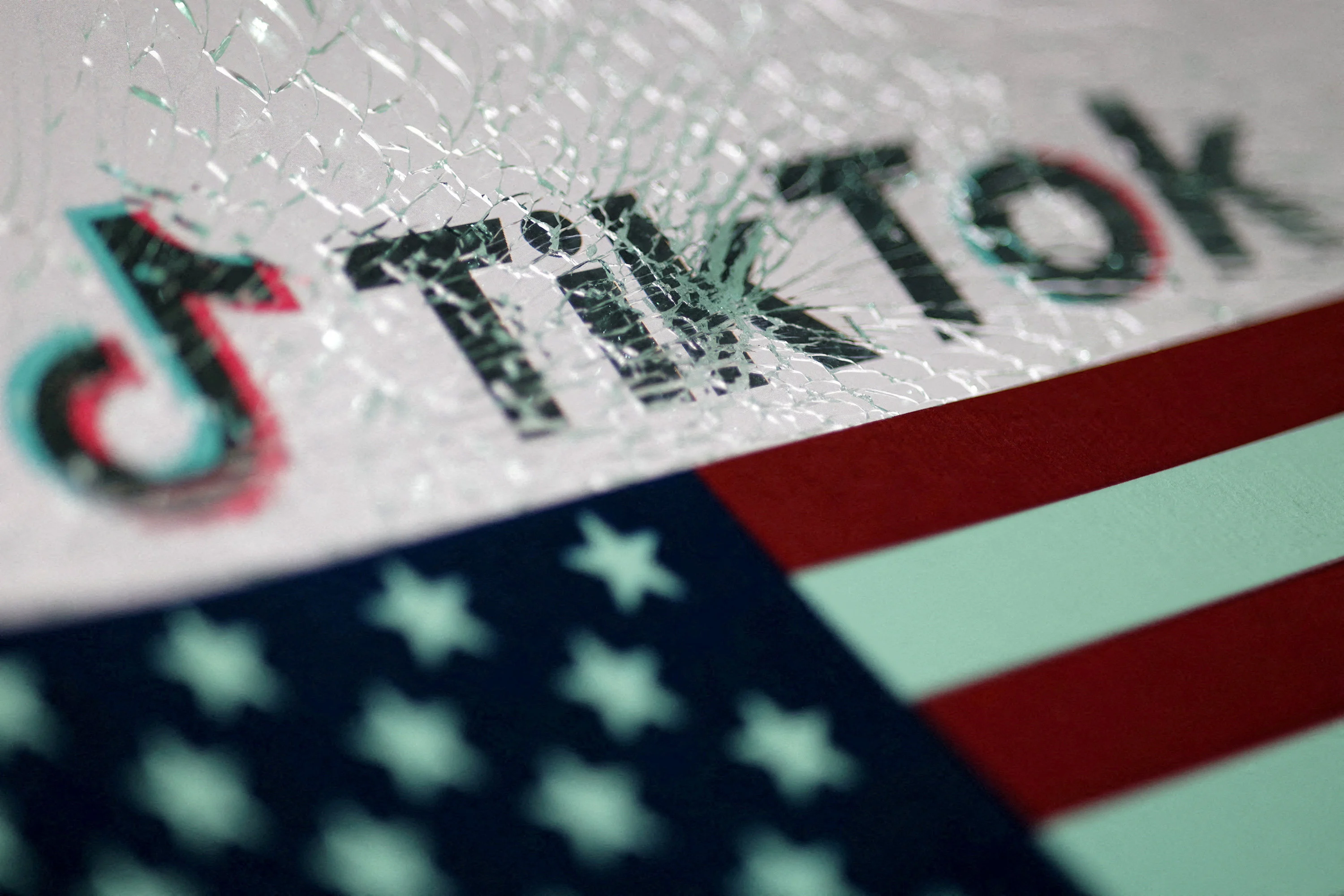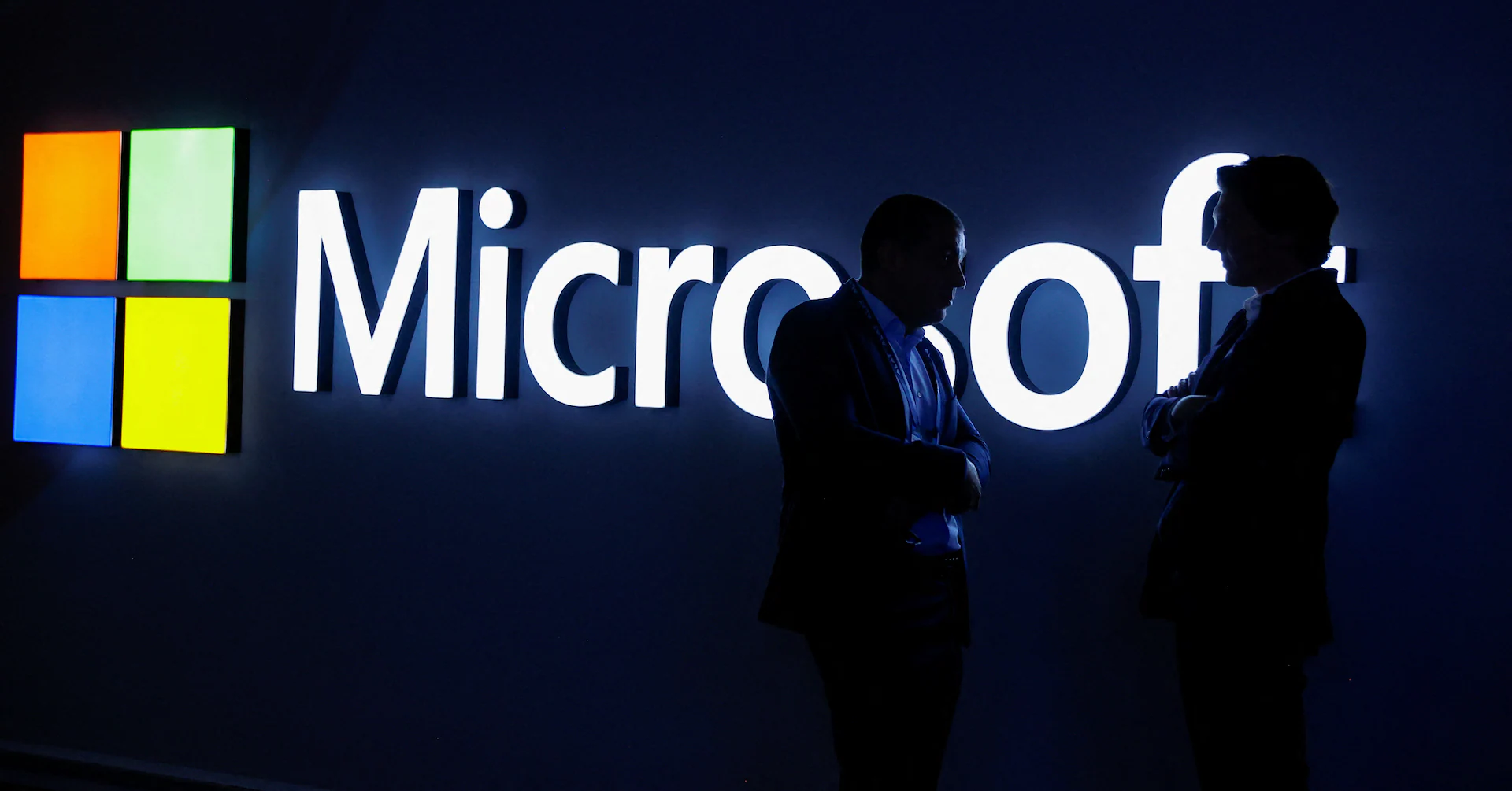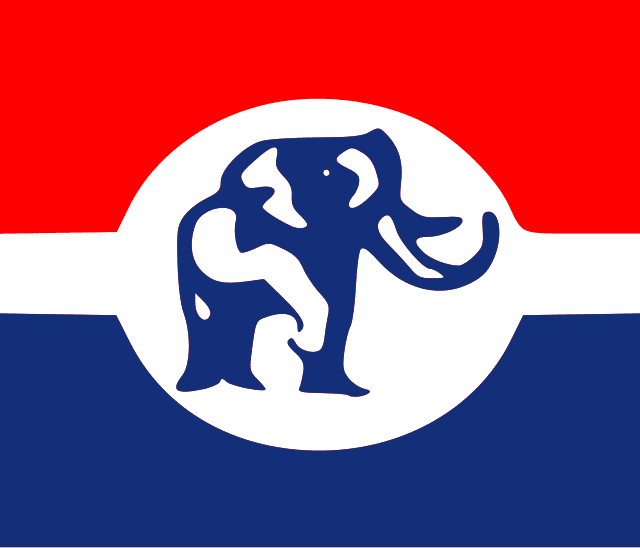By Bochen Han
Copyright scmp

US President Donald Trump on Tuesday extended the deadline for TikTok’s US shutdown for the fourth time in his second term ahead of a call with Chinese President Xi Jinping about the fate of the Chinese-owned short video app.
In an executive order issued on Tuesday, Trump set the new deadline for December 16.
The decision comes a day after the US and China concluded talks in Madrid, where the two sides reached a “framework” for resolving issues related to the app, according to senior Chinese trade negotiator Li Chenggang.
Trump, posting on Truth Social on Monday, said that a “deal” had been reached on a “‘certain’ company that young people in our Country very much wanted to save”. Later in the day, he told reporters that he would confirm with Xi on Friday whether there would still be a Chinese stake in the app.
The US Congress last year approved a countrywide ban on TikTok unless its Chinese parent company, ByteDance, sold its controlling stake by January 19. But the US president has extended the sale-or-ban deadline by executive order three times before now, most recently to September 17.
Trump made his first extension on January 20, his first day in office, after the platform briefly went dark in the wake of the US Supreme Court’s decision to uphold the sale-or-ban law only days earlier.
The second was in April, when White House officials believed they were close to a deal to spin off TikTok into a new company with US ownership. But that plan fell apart after Beijing reportedly backed out following Trump’s decision to hike tariffs on Chinese imports.
Under Chinese export controls, some technologies used by TikTok, including its recommendation algorithm, require Beijing’s approval for export. The restriction was implemented by Beijing in 2020, killing a deal that had been under negotiation involving ByteDance, Oracle and Walmart during the first Trump administration.
US Treasury Secretary Scott Bessent, speaking on CNBC on Tuesday, said that the “framework” had been reached with Chinese negotiators after Trump “made it clear that he would have been willing to let TikTok go dark”.
The sale-or-ban law, signed by then-President Joe Biden, allowed for a one-time 90-day extension of the original shutdown deadline if “significant” progress towards a sale was evident. But the administration has not faced a legal challenge over Trump’s repeated extensions of the deadline.
The law mandating the sale, passed last year as part of a bipartisan foreign aid package, reflects concern in Washington that TikTok’s ownership makes it beholden to the Chinese government and that Beijing could use the app to spy on Americans or conduct influence operations.
Meanwhile, support for a ban on the app used by 170 million Americans has decreased. According to a survey conducted in late February and early March by the Pew Research Center, support for a TikTok ban was at 34 per cent among American adults, down from 50 per cent in 2023.
Last month, the White House debuted the second Trump administration’s first TikTok account. Both Trump and Biden launched accounts during the 2024 presidential campaign despite having both raised concerns over the app’s security.
TikTok, along with other critics, has argued that a ban would unlawfully restrict Americans from obtaining access to foreign media in violation of the First Amendment of the US Constitution.
Some US lawmakers have also pointed to the lack of evidence that Beijing has manipulated the platform’s content.



